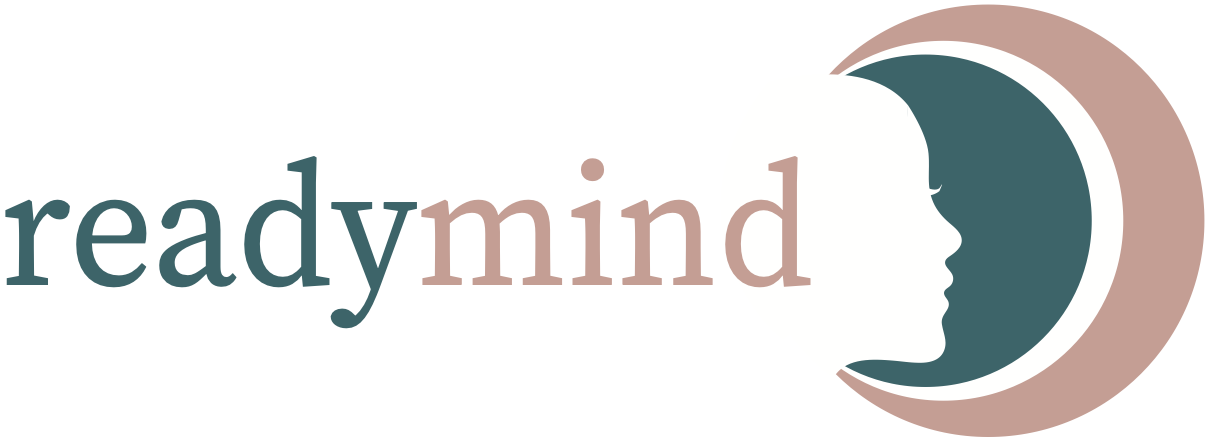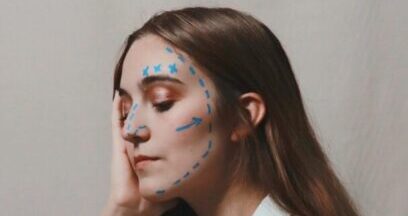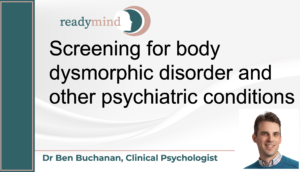Understanding the Impact of Body Dysmorphic Disorder on Cosmetic Treatments
Body Dysmorphic Disorder (BDD) is a psychiatric condition characterised by an excessive preoccupation with perceived flaws in one’s physical appearance. Individuals with BDD often have distorted perceptions of their own looks, focusing on minor details and exaggerating perceived imperfections. This article delves into the reasons why BDD poses unique challenges in the context of cosmetic treatments and explores the importance of psychological screening to ensure patient satisfaction and well-being.
The Significance of Body Dysmorphic Disorder
BDD stands out among other psychological conditions due to an extensive body of research highlighting its impact on cosmetic procedures. People with BDD typically experience dissatisfaction even after undergoing cosmetic treatments, with a significant number continuing to worry about the treated area or developing new appearance concerns. In some cases, BDD symptoms worsen post-treatment, increasing the risk of complications and dissatisfaction.
Understanding Patients with BDD
Patients with BDD are highly vulnerable, often experiencing distress that hampers their daily functioning and social interactions. The condition can lead to a distorted self-perception, as individuals with BDD tend to over-focus on small details and fail to see the bigger picture. They may engage in repetitive behaviours such as excessive mirror-gazing or avoidance of photographs, all in an attempt to address or hide their perceived flaws.
The Impact on Patients and Practitioners
BDD poses risks not only to patients but also to practitioners. Patients who remain dissatisfied after cosmetic procedures may resort to legal action or negatively impact a practitioner’s reputation through online reviews. A study among plastic surgeons reported that up to 29% of them had faced complaints, threats, or litigation from patients with BDD. Hence, screening for BDD becomes crucial to avoid potential complications and protect both patients and practitioners.
Other Psychological Concerns
While BDD is a key consideration, there are additional psychological conditions that practitioners should be aware of when dealing with patients seeking cosmetic treatments. These conditions include anxiety, depression, obsessive-compulsive disorder (OCD), health anxiety, eating disorders, and personality disorders. Assessing these conditions during the consultation process can help identify potential risks and complications and guide appropriate treatment decisions.
The Need for Psychological Screening
In response to the unique challenges posed by BDD and other psychological concerns, psychological screening questionnaires have been developed. These tools offer several benefits, including time efficiency, ease of use, comprehensive assessment, and enhanced documentation. By incorporating screening questionnaires into routine procedures, practitioners can ensure a more thorough assessment, reduce the risk of missing important information, and provide evidence-based support for their clinical decision-making.
Introducing the Cosmetic Readiness Questionnaire
The Cosmetic Readiness Questionnaire (CRQ) is a comprehensive screening tool that incorporates validated psychological scales. It assesses BDD, psychological distress, self-criticism, and perfectionism, among other factors. By categorising patients into green, yellow, or red zones, the CRQ helps practitioners evaluate patient readiness and the likelihood of patient satisfaction or dissatisfaction. Patients in the green zone are likely to be satisfied, while those in the yellow zone require further discussion. Patients in the red zone, indicating a high risk of dissatisfaction, should be referred for mental health assessment before proceeding with treatments.
Validation and Benefits of the Cosmetic Readiness Questionnaire
The CRQ has been validated and found to be highly associated with BDD diagnoses and patient dissatisfaction. It offers an efficient and effective means of assessing patient readiness and expectations. Moreover, the CRQ facilitates outcome monitoring, allowing practitioners to track patient progress and optimise treatment approaches. The questionnaire serves as a valuable tool for reflection, professional development, and evidence-based decision making.
Body Dysmorphic Disorder presents unique challenges in the field of cosmetic treatments, affecting both patients and practitioners. By implementing psychological screening, particularly through tools like the Cosmetic Readiness Questionnaire, practitioners can be informed about the risks and benefits of preforming a cosmetic procedure, leading to greater safety for both patient and practitioner.



